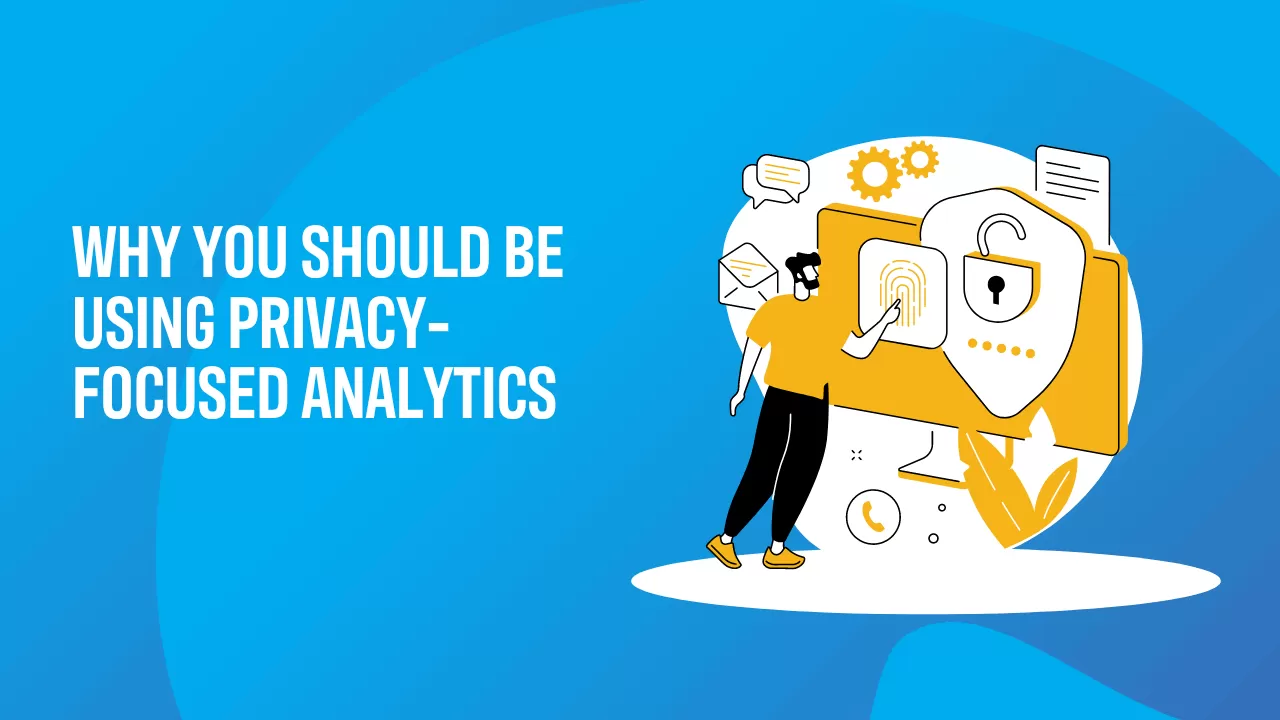Privacy analytics helps businesses collect website data without tracking personal information. It allows you to see key metrics without storing cookies or violating user privacy.
Why Use Privacy Analytics
1. You Get Only the Data You Need
Traditional tools like Google Analytics collect too much data. Most of it is not useful. Sorting through that data wastes time. Privacy analytics tools like Fathom and Plausible track only the metrics that matter—such as page views, bounce rates, and traffic sources. This saves time and helps you focus on real insights.
2. Users Feel Safe on Your Site
People do not want to be tracked. Cookie pop-ups annoy users. Tracking pixels make people feel watched. Privacy analytics avoids this problem. These tools do not collect personal data. Visitors can browse freely without being profiled. This builds trust.
3. You Avoid Contributing to Data Misuse
Some companies misuse data. They collect it without consent or use it for ads or politics. With privacy analytics, your business avoids this risk. You show your audience that you respect privacy and avoid unethical practices. This builds a positive brand image.
Privacy Analytics Tools to Try
You don’t need Google Analytics to understand your website. Several tools offer privacy-first tracking:
- Fathom: Tracks basic stats like page views and referrals. It does not collect personal data.
- Plausible: A fast, open-source tool. It gives you clean, clear insights and respects privacy.
Both tools let you measure performance without violating trust.
Conclusion
Privacy analytics helps you track what matters while protecting your users. It builds trust, saves time, and keeps your brand safe. Tools like Fathom and Plausible offer simple, effective ways to measure success without tracking people. If your business cares about data ethics, privacy analytics is the right choice.

